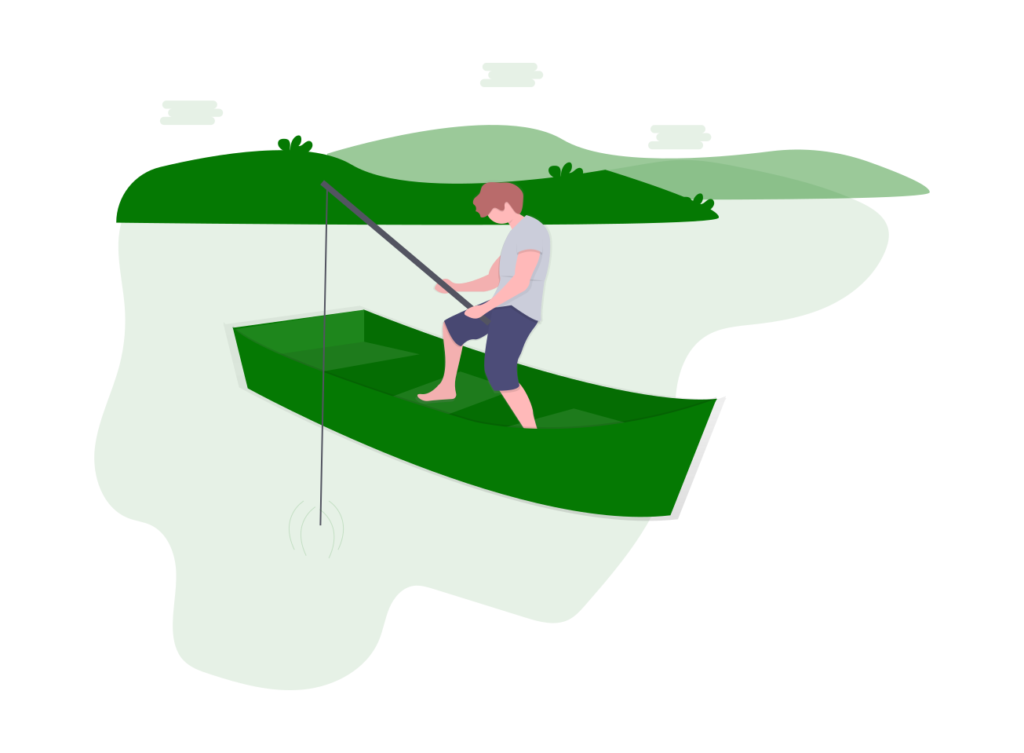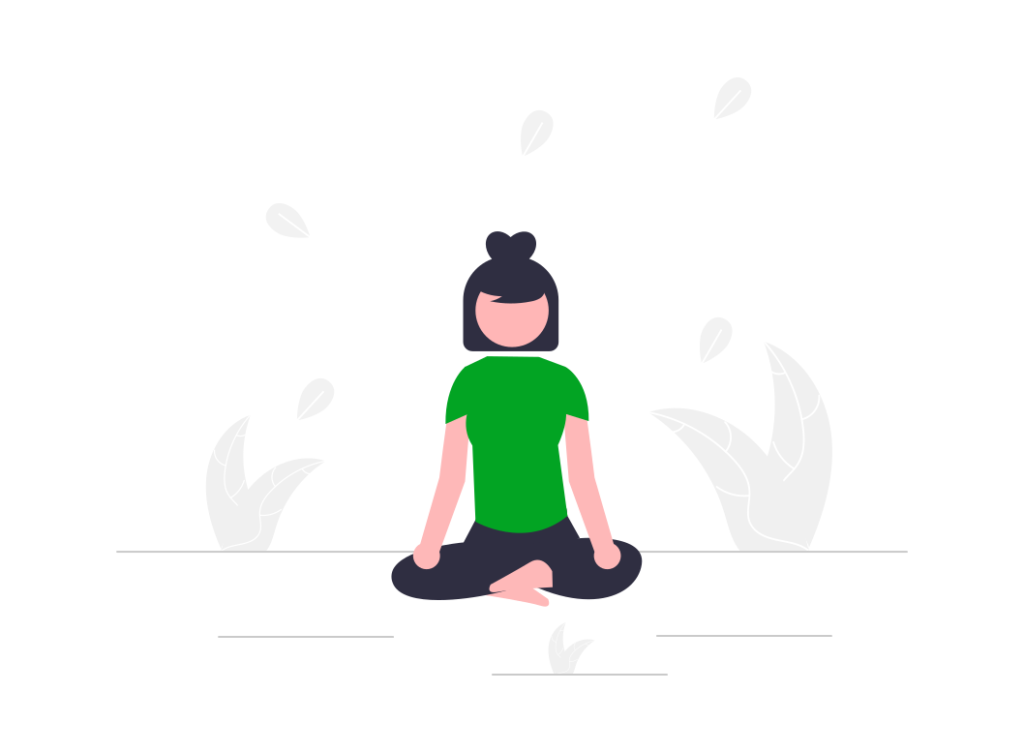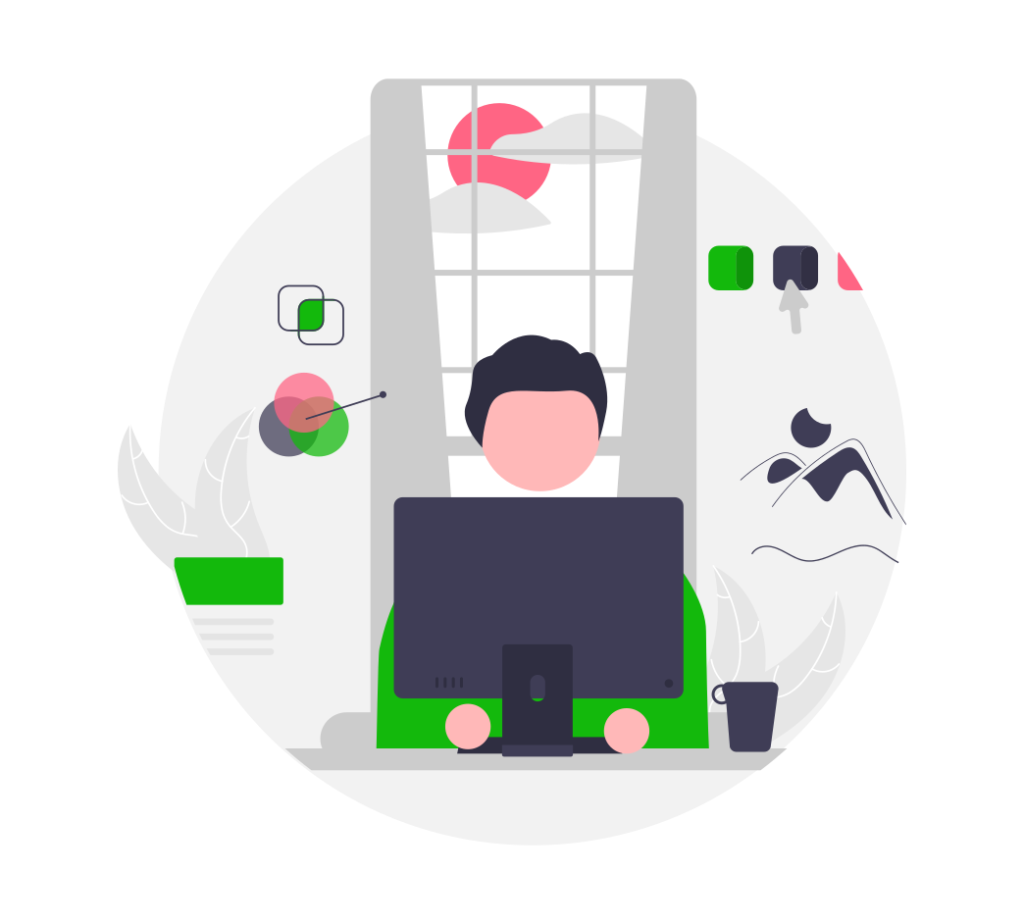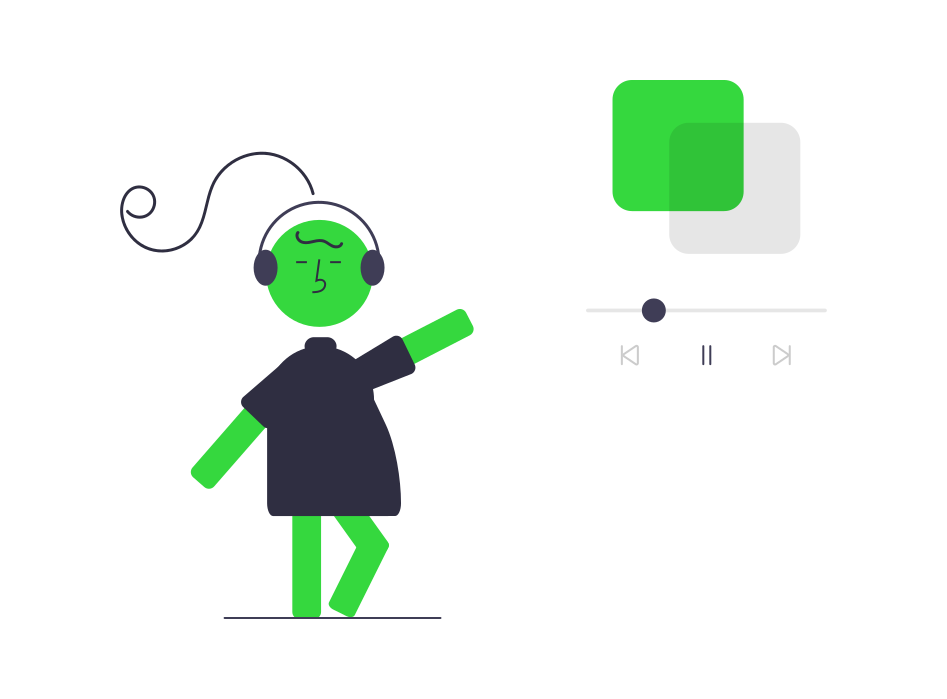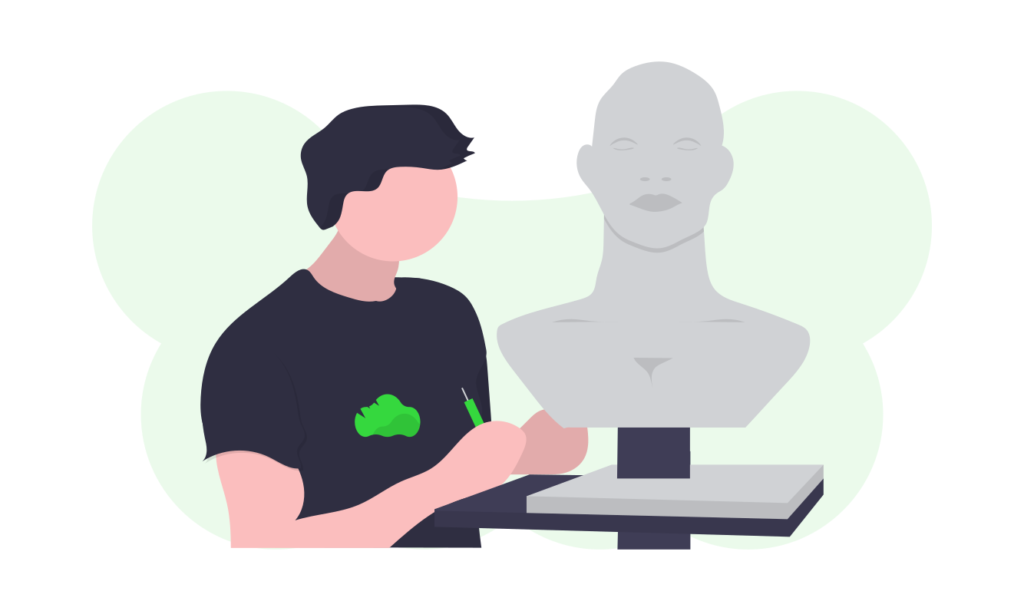So, the time has come; you’ve decided to move out and start your own life.
It can be extremely difficult to move out mentally. It’s a new fresh start to move out of your guardian’s house, and it means letting go of your past. Despite how difficult it can seem and feel, it is healthy for your mind. You will have a lot of freedom. Every decision is now yours, and you are responsible for everything yourself now.
This article is going to help you in many ways, from preparing mentally for your move, to the positives and negatives of having full responsibility.

Why You May Want to Move Out
Before delving further into the topic; you need to understand the groundwork of your need to move out.
There are numerous different mental issues at home that can affect your need to move:
- Toxic environment
- Unsafe
- Outgrowing home
- Too much responsibility
- General attitude to move
Toxic Environment
You may be living in a toxic environment; this could be the people you live with or just the general environment itself. This can be unsafe for your mental health and can lead you down a dark path if exposed to it for a long time. It can also affect future social situations if you are around people who do not allow you to be yourself.
Unsafe
Your home may be unsafe; this is particularly worse if any siblings, or other residents steal or make life even more stressful for you. This will make you never feel comfortable or safe in that residence, but once you have moved, that negativity is sure to cease.
Too Much Responsibility
It may just be that you seem to do almost everything at your home despite not owning it, and not having the ability to decide on aspects of the house. It may be much better to just move out so you then have the same responsibility in your own place.
General Attitude To Move
Or simple enough, you may just want to move out to start your own life with your own family someday. It doesn’t always have to be a negative situation that forces you to move out. Especially after university, or working, as you will have the mentality, experience and money to move out yourself someday!
How To Move Out
You can move out by using multiple sites online, like:
Or even local estate agents which will almost always have places on display in windows.
Usually, one-bedroom places would not be a lot of money but always make sure you have enough money to pay the bond and rent before applying to them. You don’t want to be caught by surprise expenses.
A furnished location will generally be suitable for someone without a lot of money but it means you don’t exactly own the furniture so you need to be more careful.
It may also take quite a heavy impact on your bank account due to having to furnish the location, if the location you apply for is unfurnished, with whatever you like but it will be worth it in the end.
Read Now: 7 Ways to Ease Financial Stress and Manage Your Money
The Housing Association
This is an association you sign up to and they will find a place suitable for you to live. It isn’t a guaranteed place but over time they will ask you to go to viewings and they may decide to let you move in there or not.
It is a council-funded residence so it will be cheaper than a normal location from an estate agent but the drawback is the long waiting list.
Gathering Supplies
The thing about moving out is that you can bring whatever you like but don’t forget the essentials; usually, you bring a lot of clothes, a bed, and sort out the basics like electricity, gas and water before moving in. Some people may want to move out ASAP to not have to deal with living at home any longer and some may choose to wait it out for a couple of weeks to get it all set up. It is entirely up to you!
Mentality to Move
Mentality is key to being able to happily move out, it’s important to look after it when moving out for the first time. You may not feel 100% ready and that small inkling of regret or overthinking may creep up on you while you are thinking about it. These feelings are normal. It is just your brain realising that things will change once you move out and it can be scary but in a way hopeful.
Your new home will be yours, and everything within it will be based on you. You may have new routines, and more freedom but obviously, more responsibility within the house in terms of cleaning.
You have got to learn that every story starts somewhere, instead of you being part of someone else’s story, you are now in control of your own story. Being in control is healthy for your mind and soul.
Read Now: How to Overcome Your Negative Thoughts

Positives and Negatives to Moving
Obviously, there are both positives and negatives to moving out.
Positives:
- freedom
- make your own routines
- no distractions
- independence
- privacy
Negatives:
- rent
- bills
- loneliness
- responsibility
- household chores
Even though these may seem outweighed, it is great to keep these in mind for when you are thinking about moving out or not.
Don’t blindly jump into the deep end but analyse how you can deal with keeping yourself afloat and getting out of it eventually.
Other Residents (Pets, Roommates)
Luckily, there is a workaround for the con of loneliness; This is fixed by moving in with someone, or something. You can move in with a roommate, a partner or a friend as well as bring pets if the residence allows it. It is always great to have friends, and people around you to not feel alone in your thoughts.
Someone else around the house can also help cheapen the bills, and help with housework but you share the house. So, choose who to move in wisely! You don’t want to end up back at square one.
Read Now: Why Friendship is Important for Your Health

Conclusion
Hopefully, now you can deal with the thoughts of moving out easier and know that you aren’t alone in your thoughts. People go and have gone through the same situations as you almost every day. It is normal to feel like you are attached to your home and can’t leave but eventually, you need to start your journey into life.
If you have any further queries, then please contact us here at Ceed today!



